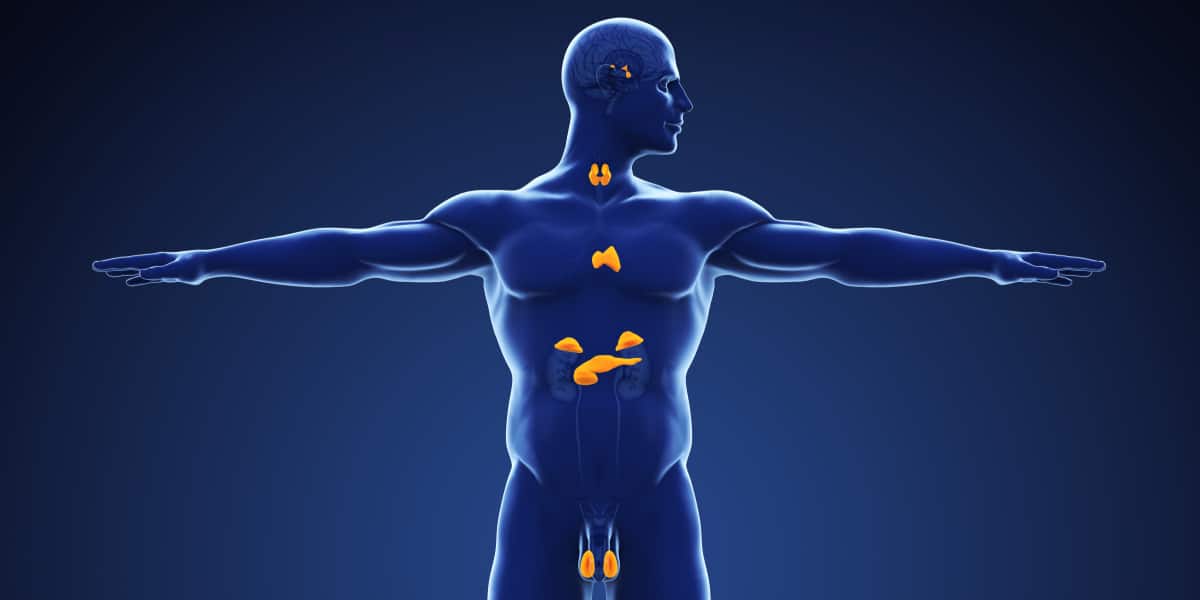Addisons Pathochart
Viewing Study Tools Requires a Membership
55% of NURSING.com users are visual learners, and 35% stop using their textbooks altogether.
This nursing cheatsheet will help you learn about Addison's Disease, a condition arising from the hyposecretion of adrenal cortex hormones. This results in decreased levels of glucocorticoids and mineralocorticoids, leading to various symptoms and complications. Key symptoms include hypotension, tachycardia, weight loss, hyperpigmentation (bronzing), electrolyte imbalances like hyperkalemia, hypercalcemia, hyponatremia, and hypoglycemia. The adrenal cortex is responsible for producing cortisol, which is involved in glucose and fat metabolism and has anti-inflammatory effects, as well as aldosterone, which regulates fluid and electrolytes.
An acute exacerbation, known as Addisonian Crisis, can cause severe electrolyte disturbances and is a life-threatening emergency. Therapeutic management of Addison's Disease involves replacing adrenal hormones, typically with corticosteroids like hydrocortisone or prednisone. During an Addisonian Crisis, it's crucial to closely monitor electrolytes and cardiovascular status, administer adrenal hormones as ordered, and provide electrolyte replacement as needed.


